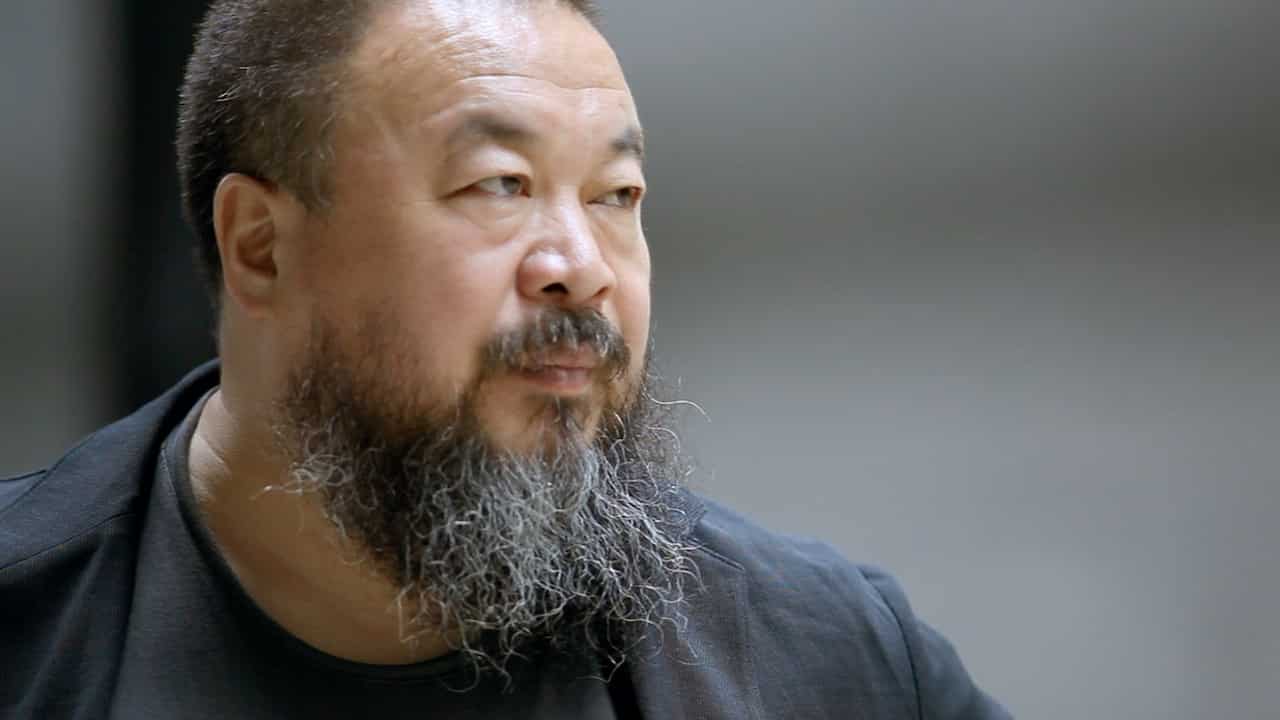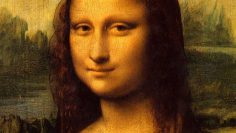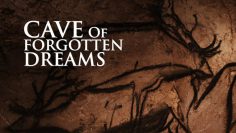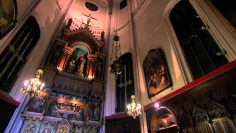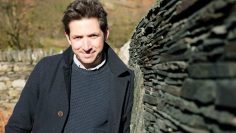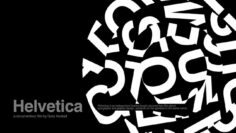Ai Weiwei: Without Fear or Favour
Ai Weiwei: Without Fear or Favour provides an in-depth look at the life and work of China’s most politically outspoken artist. The BBC production follows Ai Weiwei’s journey from his childhood during the Cultural Revolution to his rise as an internationally renowned artist and activist.
The documentary showcases Ai’s diverse artistic portfolio, including his architectural work on the Beijing National Stadium for the 2008 Olympics, his provocative installations, and his use of social media as a platform for political expression. It highlights his controversial projects, such as the collection of names of children who died in the 2008 Sichuan earthquake, which put him in direct confrontation with Chinese authorities.
Interviews with Ai Weiwei reveal his thoughts on art, politics, and freedom of expression in China. The film also features conversations with art critics, curators, and fellow artists who provide context for Ai’s work and its impact on the global art scene. Archival footage and photographs offer glimpses into Ai’s early life, including his father’s persecution during the Cultural Revolution and Ai’s time in New York during the 1980s.
The documentary culminates with the creation of Ai’s Sunflower Seeds installation for the Tate Modern’s Turbine Hall in London. This massive work, consisting of 100 million hand-crafted porcelain sunflower seeds, serves as a metaphor for China’s complex relationship with mass production and individuality.
Throughout the film, Ai Weiwei’s fearless approach to art and activism is emphasized, showcasing how he uses his prominence to challenge political and social norms in China. The documentary provides a portrait of an artist who continues to push boundaries and provoke thought through his work, despite facing personal risks and government censorship.

